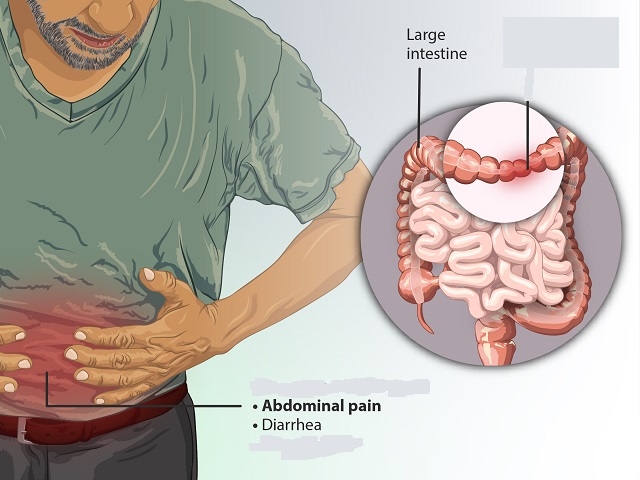6 Signs You May Be Suffering From Drug Addiction -- Symptoms, Causes, Effects, Treatment and Prevention
Drug addiction, also known as substance use disorder (SUD), is a chronic condition characterized by compulsive drug-seeking and drug use, despite harmful consequences. It is a complex disorder that affects both the brain and behavior, leading to severe physical, psychological, and social effects.
Symptoms of Drug Addiction
The symptoms of drug addiction can vary depending on the type of substance used, but commonly include:
- Intense cravings: Strong and persistent urges to use drugs.
- Loss of control: Inability to limit or stop drug use despite wanting to quit.
- Withdrawal symptoms: Physical and psychological symptoms that occur when drug use is reduced or stopped.
- Tolerance: Needing increasing amounts of the drug to achieve the desired effects.
- Neglecting responsibilities: Neglecting work, school, or personal obligations due to drug use.
- Continued use despite consequences: Persisting with drug use despite experiencing negative effects on health, relationships, or legal issues.
Diagnosis of Drug Addiction
The diagnosis of drug addiction is based on criteria outlined in the Diagnostic and Statistical Manual of Mental Disorders (DSM-5). Healthcare professionals may assess the individual's drug use patterns, presence of physical or psychological symptoms, and the impact of drug use on daily functioning.
Causes of Drug Addiction
Drug addiction is influenced by a combination of genetic, environmental, and psychological factors, including:
- Genetic predisposition: Certain genetic variations can increase an individual's susceptibility to addiction.
- Environmental factors: Factors such as exposure to drugs during childhood, peer influence, family dynamics, and availability of drugs can contribute to addiction.
- Mental health conditions: Co-occurring mental health disorders such as depression, anxiety, or trauma can increase the risk of drug addiction.
- Social and cultural factors: Societal norms, cultural acceptance of drug use, and exposure to high-stress environments can play a role in drug addiction.
Effects of Drug Addiction
Drug addiction can have significant effects on various aspects of an individual's life, including:
- Physical health consequences: Drug addiction can lead to serious health problems, including organ damage, infectious diseases, cardiovascular issues, respiratory problems, and increased risk of overdose.
- Mental health complications: Substance abuse can contribute to or exacerbate mental health disorders, such as depression, anxiety, psychosis, and cognitive impairment.
- Relationship and social problems: Drug addiction can strain relationships, lead to family conflicts, isolation, and difficulties maintaining employment or academic performance.
- Legal and financial issues: Substance abuse can result in legal problems, financial strain, loss of employment, and decreased productivity.
Treatment and Prevention of Drug Addiction
The treatment of drug addiction often involves a comprehensive approach that may include:
- Detoxification: Medically supervised detoxification to manage withdrawal symptoms safely.
- Rehabilitation programs: Inpatient or outpatient treatment programs that provide counseling, therapy, support groups, and education to help individuals overcome drug addiction.
- Medications: Medications may be prescribed to manage withdrawal symptoms, reduce cravings, or treat co-occurring mental health conditions.
- Behavioral therapies: Cognitive-behavioral therapy (CBT), motivational interviewing, and other behavioral therapies can help individuals modify their behaviors, develop coping strategies, and prevent relapse.
- Support networks: Engaging in support groups such as Narcotics Anonymous (NA) or seeking support from family and friends can be beneficial.
Prevention efforts for drug addiction focus on education, promoting healthy coping mechanisms, addressing risk factors, and providing early intervention programs.
References:
American Psychiatric Association. (2013). Diagnostic and Statistical Manual of Mental Disorders (5th ed.). Arlington, VA: American Psychiatric Publishing.
National Institute on Drug Abuse. (2020). DrugFacts: Understanding Drug Use and Addiction. Retrieved from https://www.drugabuse.gov/publications/drugfacts/understanding-drug-use-addiction
Mayo Clinic. (2021). Drug Addiction. Retrieved from https://www.mayoclinic.org/diseases-conditions/drug-addiction/symptoms-causes/syc-20365112


















